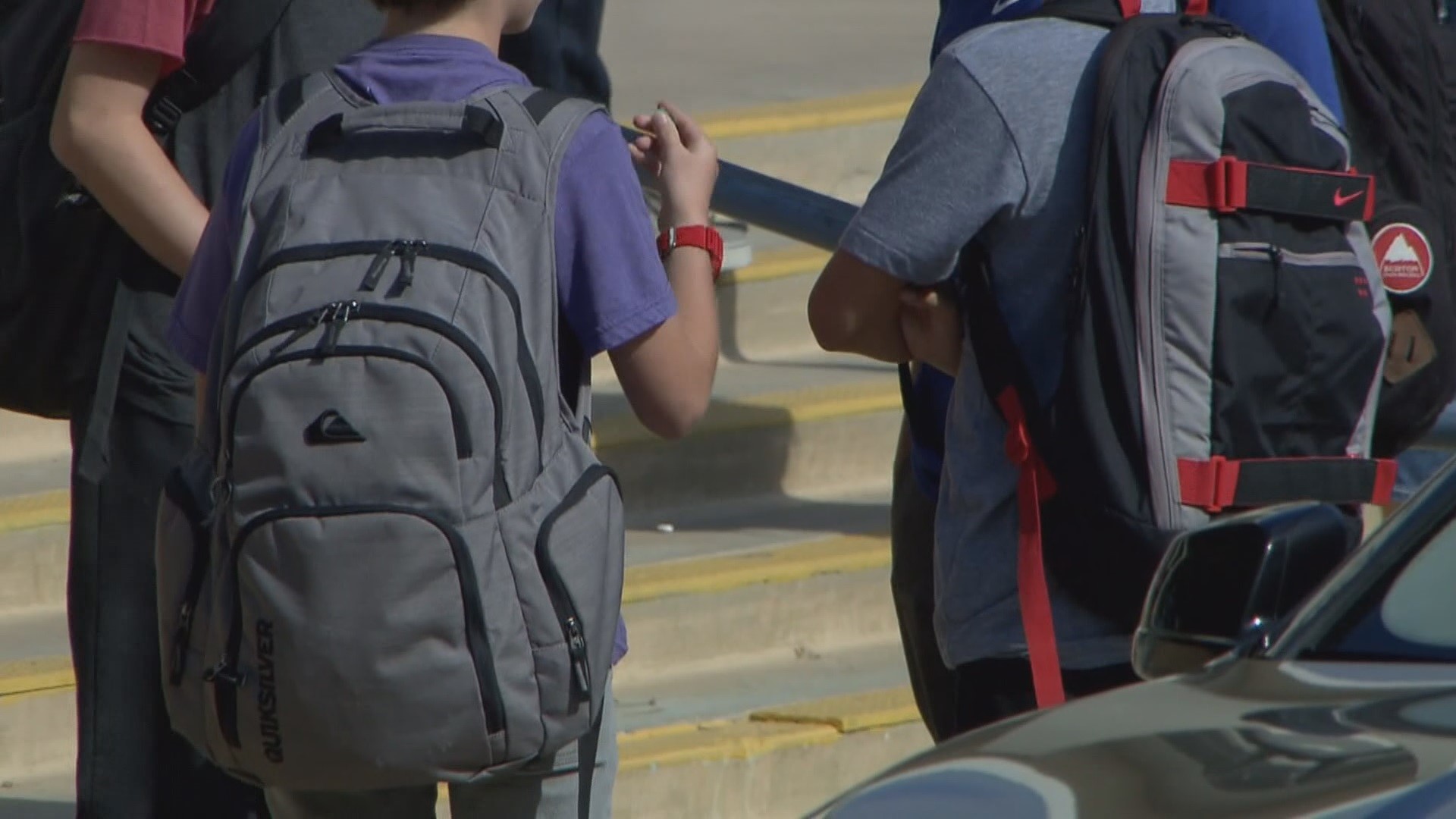WASHINGTON — New medical guidelines from the American Academy of Pediatrics (AAP) call for aggressive treatment of childhood obesity including, in some cases, prescription weight loss medication and weight loss surgery for kids young enough to be in middle school.
The recommendations reflect concerns that childhood obesity, if left unchecked, can lead to major health problems early in life.
"The process for high blood pressure and heart attacks and strokes when you are 30 and 40 starts when you are 15," said Dr. Jenny Gourgari, a pediatric endocrinologist and associate professor at Georgetown University.
According to the latest data available from the Centers for Disease Control and Prevention (CDC), 19.7% of American kids aged 2-19 are obese. In all, the CDC says that's "almost 14.7 million children and adolescents."
The AAP's new guidelines say that, in some cases, doctors should consider prescribing weight-loss medications to patients as young as 12. Teens as young as 13, in some situations, should be evaluated for weight-loss surgery.
But Dr. Gourgari says these approaches are reserved for serious situations where other, less invasive treatments have already been tried and failed to produce results.
"This is really, really severe obesity that you would consider these medications for," she said.
Doctors are advised to try other approaches before reaching a point where weight loss medications or bariatric surgery would be considered.
The first-line approach, according to Dr. Gourgari, is a familiar one: encouraging parents and kids to be active and eat healthily.
That's something the YMCA of Metropolitan Washington provides to thousands of kids each year.
"Prevention and lifestyle still is key," said Kristy McCarron, Vice President of Community Health and Wellness for the YMCA of Metropolitan Washington.
According to her, instructors at the 'Y' work to model healthy habits in all of their programs, whether it's a learn-to-swim class or after-school basketball.
But socioeconomic factors can pose additional health challenges.
"Where it gets tricky is whether or not a child or a family has access to safe space to be physically active or if they have access to healthy foods," said McCarron.
According to a CDC study examining kids ages 2-19 between 2011 and 2014, "obesity prevalence was 18.9% among children and adolescents aged 2-19 years in the lowest income group, 19.9% among those in the middle-income group, and 10.9% among those in the highest income group."
"The prevalence of obesity decreased as the head of household’s level of education increased," the report continued.
These challenges can complicate one of the AAP guidelines' other main suggestions: getting children suffering from obesity into "intensive health behavior and lifestyle treatment."
The AAP says the "most effective treatments include 26 or more hours of face-to-face, family-based, multicomponent treatment over a 3- to 12-month period." In other words, this is a dedicated regimen of time spent with health specialists working on improving a patient's wellness habits, attitudes, and outcomes.
The AAP says such treatments are "the most effective known behavioral treatment for child obesity."
However, it also acknowledges that these programs are "challenging to deliver and not universally available."
It's a lot to take in.
That's why Dr. Gourgari says it's the pediatrician's job to explain it all to patients and their families in ways they can understand.
And she stresses that the guidelines are just that: guidelines. They are not mandatory. As with other medical strategies, the patient and parent are the ultimate decision-makers.
"You can't force anybody to take any action," said Dr. Gourgari. "My role as a physician and as an obesity specialist and as a coach is to help people. Give them the information they need. Help them decide for themselves when they have the full picture."

